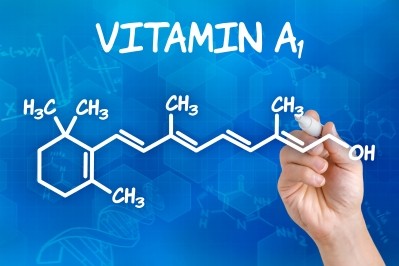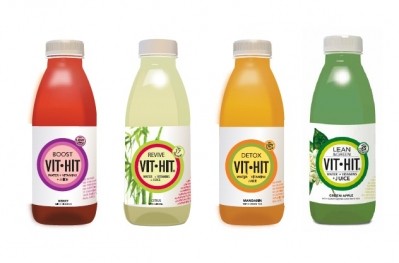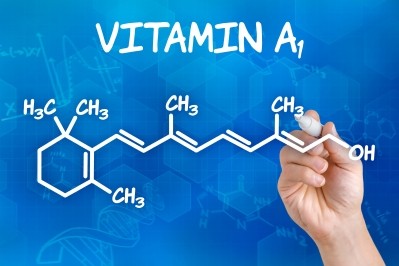Too much vitamin A may shut down the body's ‘trained’ immunity

The researchers found in vitro immune cells mixed with vitamin A produced fewer of the immune proteins cytokines when stimulated with mitogens and antigens.
The cells were ‘trained’ with different microbes (bacillus Calmette-Guérin). Yet when vitamin A was added, the microbes did not activate the immune cells, as if they had ‘forgotten’ they fought the intruders before.
The researchers concluded: "Short-term exposure of human monocytes to all-trans-retinoic acid [ATRA] results in long-term immune inhibition characterised by lower cytokine responses upon stimulation with a second stimulus.”
Published in the Journal of Leukocyte Biology, the study shed light on why too much vitamin A may be harmful. They said the effect was due to a play-off between different histones - SUV39H2, H3K9me3 and H3K4me3 - which play a role in gene regulation. An increased expression of a histone methyltransferase, SUV39H2, suppressed others but when this was stopped cytokine production was restored.
Dr Mihai Netea, one of the researchers behind the study, said: "This study helps to explain the mechanisms of anti-inflammatory effects of vitamin A and by doing so opens the door to identifying novel ways to modulate the immune response and restore its function in situations in which it is dysregulated."
Under a 2006 document on tolerable upper limits for vitamins and minerals, the European Food Safety Authority (EFSA) set the following levels for vitamin A:
Age (years) | Tolerable Upper Intake Level (UL) for preformed vitamin A (retinol and retinyl esters) (µg RE/day) |
1-3 | 800 |
4-6 | 1100 |
7-10 | 1500 |
11-14 | 2000 |
15-17 | 2600 |
Adults + | 3000 |
Earlier this year EFSA established an average requirement of 570 µg retinol equivalent (RE)/day for men and 490 µg RE/day for women. Yet the researchers from the Radboud University Medical Centre in the Netherlands said vitamin A supplements should only be given when biological and clinical arguments for doing so were clear.
"The World Health Organisation recommends high-dose vitamin A supplementation [VAS] in countries at risk of vitamin A deficiency; it is estimated that this intervention reduces overall child mortality by 24%. However, the effect of VAS may not always be beneficial," they wrote.
Source: Journal of Leukocyte Biology
98:129-136, doi:10.1189/jlb.6AB0914-416R
"Vitamin A induces inhibitory histone methylation modifications and down-regulates trained immunity in human monocytes"
Author: R. J. W. Arts, B. A. Blok, R. van Crevel, L. A. B. Joosten, P. Aaby, C. Stabell Benn and M. G. Netea















